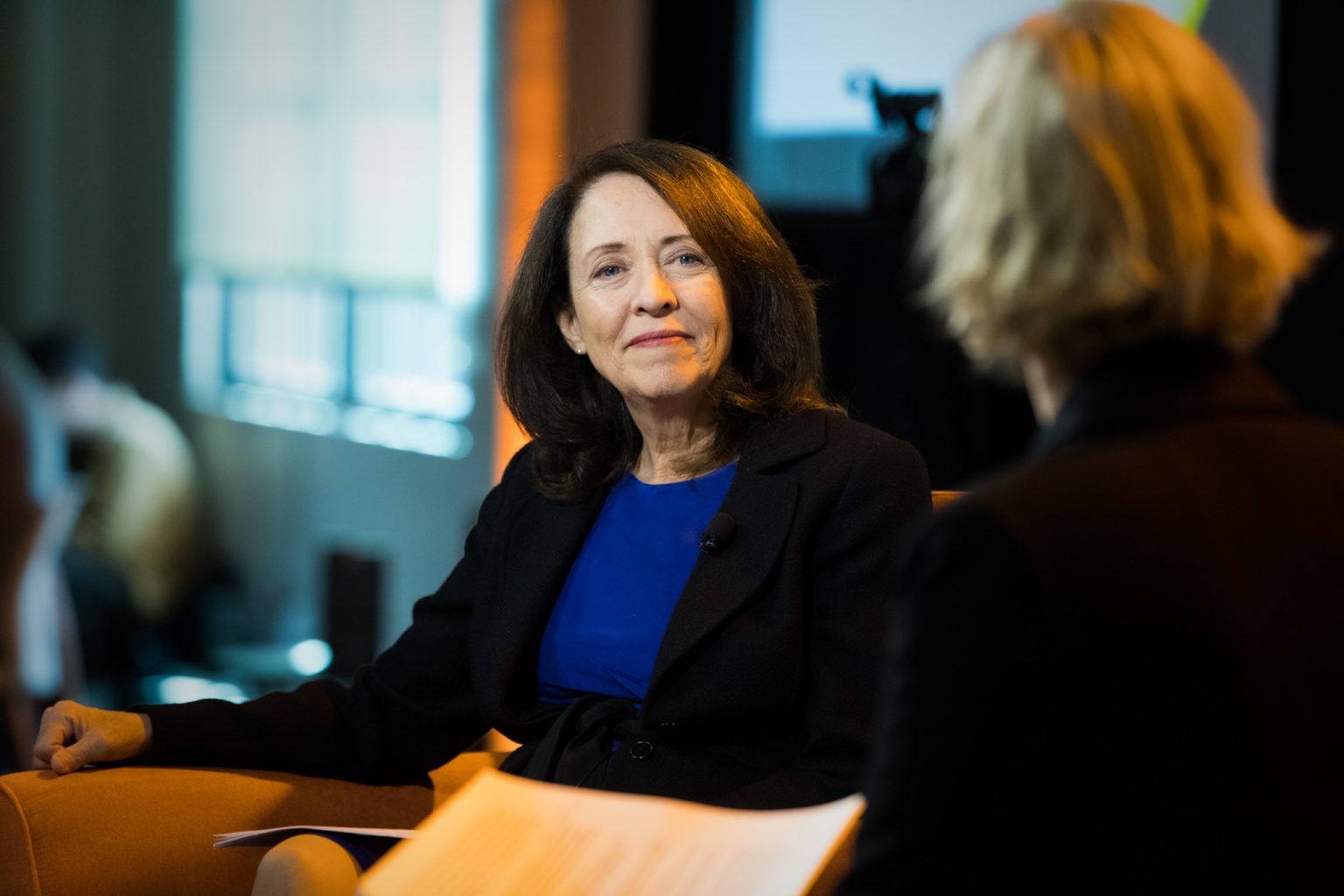Digital Equity and Cybersecurity Initiatives in Washington State
Washington State is embarking on a significant initiative to enhance digital equity and cybersecurity literacy, fueled by a $15.98 million grant from the National Telecommunications and Information Administration (NTIA). This funding will bolster ongoing efforts to bridge the digital divide and equip residents with the skills necessary to navigate the online world safely. Governor Jay Inslee has highlighted the urgency of this issue, noting that over 200,000 households in Washington lack broadband access, hindering their participation in the modern digital landscape. Beyond providing internet access, the funding will establish a Broadband Cybersecurity Literacy Program designed to combat increasingly sophisticated online threats. This program will develop advanced cybersecurity curricula that can be integrated into existing digital literacy training, ensuring that individuals possess not only the tools to connect but also the knowledge to do so securely. This holistic approach aims to empower all Washingtonians, regardless of socioeconomic status, to thrive in the digital age, fostering digital inclusion and security.
Empowering Tribal Communities with High-Speed Internet
Further demonstrating its commitment to closing the digital divide, Washington State is allocating $32.3 million in federal grants to expand high-speed internet access to five tribal communities. This investment aligns with the Tribal Broadband Connectivity Program and represents a significant step towards digital equity for these underserved populations. The funding, sourced from the Consolidated Appropriations Act of 2021 and the Bipartisan Infrastructure Law, will enable tribal governments to deploy broadband infrastructure within their territories, supporting critical services such as telehealth, distance learning, and digital inclusion initiatives. This crucial infrastructure development will empower tribal communities to fully participate in the digital economy and access essential resources. The grants will benefit several tribes: the Tulalip Tribes of Washington ($10.5 million for 650 households), Swinomish Indian Tribal Community ($8.5 million for 100 households), Makah Indian Tribe ($6.2 million for 160 households), Lower Elwha Tribal Community ($6 million for 250 households), and the Spokane Tribe ($1.2 million for digital literacy and technology equity). This substantial investment builds upon previous funding, bringing the total awarded to tribes in Washington from the Tribal Broadband Connectivity Program to over $100 million, showcasing a sustained commitment to addressing digital disparities in these communities.
Transitioning to Zero-Emission School Buses: A Step Towards Cleaner Air
In a parallel effort to improve environmental health and air quality, Washington State is receiving $8.4 million in grants to replace diesel-powered school buses with zero-emission alternatives. This funding, provided by the Environmental Protection Agency’s (EPA) Clean Heavy-Duty Vehicles Grant program, aims to mitigate the harmful health impacts of diesel exhaust, particularly on children. The grants will support three key projects: Woodland Public Schools ($4.2 million to replace 14 buses in areas with poor air quality), the Washington State Department of Ecology ($3.9 million to replace 13 buses across four school districts), and the Confederated Tribes of the Colville Reservation ($260,000 to replace a diesel refuse hauler with a zero-emission school bus). This investment acknowledges the detrimental effects of diesel emissions and prioritizes the health and well-being of students and communities.
Senator Cantwell’s Leadership in Driving Technological Advancement and Environmental Protection
Senator Maria Cantwell has played a pivotal role in securing these vital investments, demonstrating her commitment to advancing technology adoption, promoting cybersecurity, bridging the digital divide, and protecting the environment. Her advocacy for initiatives such as the statewide digital and cybersecurity literacy program, the Tribal Broadband Connectivity Program, and the Clean Heavy-Duty Vehicles Grant program reflects her dedication to ensuring that Washingtonians have access to the resources they need to thrive in the 21st century. Senator Cantwell’s leadership in these areas underscores her understanding of the interconnectedness of technological advancement, economic opportunity, and environmental stewardship.
The Broader Impact of Digital Equity and Clean Transportation Investments
These initiatives represent a significant investment in Washington State’s future, positioning the state as a leader in both technological advancement and environmental responsibility. By prioritizing digital equity and clean transportation, Washington is creating a more inclusive, sustainable, and resilient future for all its citizens. The long-term benefits of these investments will extend far beyond immediate improvements in internet access, cybersecurity, and air quality. They will contribute to economic growth, educational opportunities, and improved public health, enhancing the lives of Washingtonians for generations to come.
A Holistic Approach to Building a Stronger Washington
The combined impact of these investments reflects a holistic approach to addressing critical challenges facing Washington State. By concurrently focusing on digital equity, cybersecurity, and environmental protection, the state is building a stronger, more equitable, and sustainable future. These initiatives demonstrate a commitment to investing in the well-being of all Washingtonians, ensuring that everyone has the opportunity to participate fully in the digital economy and enjoy a healthy environment. This integrated approach positions Washington as a model for other states seeking to address the complex challenges of the 21st century.


